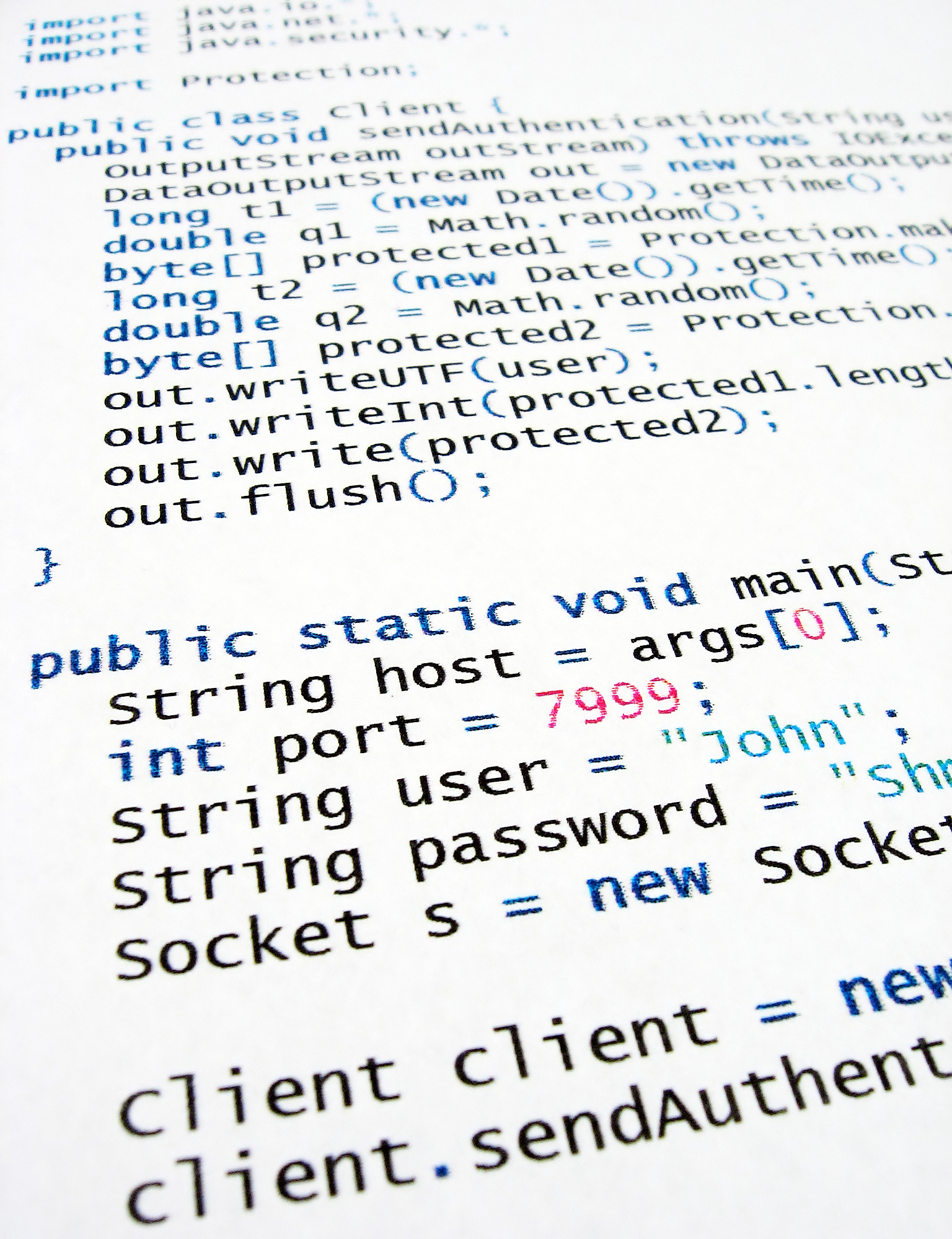Python 生词本:记录和学习编程术语 - 代码示例
生词本(Vocabulary List)是一种记录和整理新学习的词汇的工具,有助于巩固记忆和提高词汇量。在 Python 编程中,可以使用生词本来记录和学习新的编程术语、函数、模块等。\n\n以下是一个示例的生词本的 Python 代码:\n\npython\nvocabulary = {\n "variable": "A name that refers to a value.",\n "function": "A named sequence of statements that takes inputs, performs computations, and returns a result.",\n "module": "A file containing Python definitions and statements.",\n "syntax": "The set of rules that specifies how to write Python programs.",\n "loop": "A programming construct that repeats a group of statements.",\n "list": "A collection of items in a particular order.",\n "dictionary": "A collection of key-value pairs.",\n}\n\ndef add_word(word, definition):\n vocabulary[word] = definition\n\ndef lookup_word(word):\n if word in vocabulary:\n return vocabulary[word]\n else:\n return "Word not found in vocabulary."\n\ndef remove_word(word):\n if word in vocabulary:\n del vocabulary[word]\n else:\n return "Word not found in vocabulary."\n\n# 添加新词汇\nadd_word("tuple", "An immutable sequence of elements.")\nadd_word("class", "A blueprint for creating objects.")\n\n# 查找词汇\nprint(lookup_word("variable"))\nprint(lookup_word("function"))\nprint(lookup_word("loop"))\nprint(lookup_word("tuple"))\n\n# 删除词汇\nremove_word("syntax")\nremove_word("list")\n\nprint(vocabulary)\n\n\n这段代码创建了一个包含多个词汇和对应定义的字典(dictionary),并提供了添加、查找和删除词汇的功能。可以根据需要添加、修改和删除词汇,以便记录和学习新的编程术语。

原文地址: https://www.cveoy.top/t/topic/pFQQ 著作权归作者所有。请勿转载和采集!